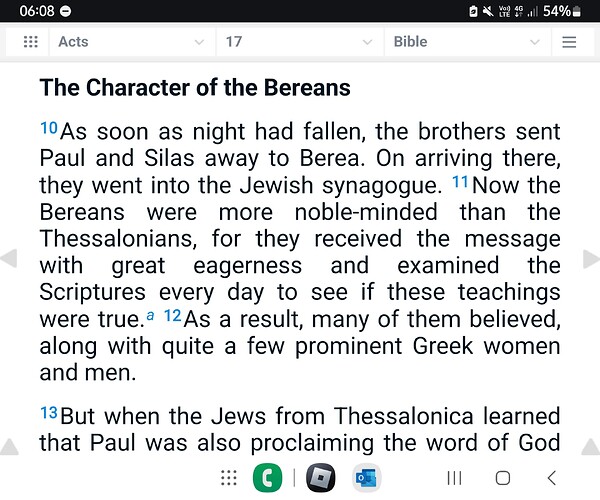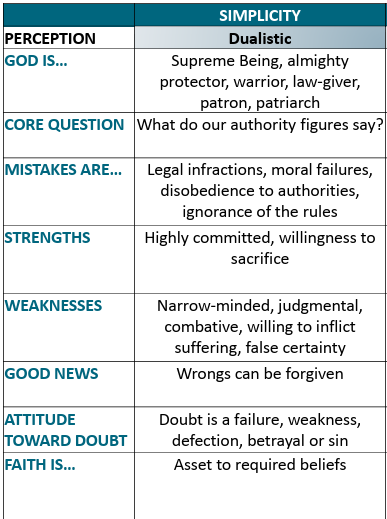Righto Richard…lets address that very complaint of yours. “Adam is quoting out of context with short passages”…
Start with 2 Peter Chapter 3
1Beloved, this is now my second letter to you. Both of them are reminders to stir you to wholesome thinking
2by recalling what was foretold by the holy prophets and commanded by our Lord and Savior through your apostles.
3Most importantly, you must understand that in the last days scoffers will come, scoffing and following their own evil desires.a
4“Where is the promise of His coming?” they will ask. “Ever since our fathers fell asleep, everything continues as it has from the beginning of creation.”
5But they deliberately overlook the fact that long ago by God’s word the heavens existed and the earth was formed out of water and by water,
6through whichb the world of that time perished in the flood.
Read those texts and tell me Peter is not making a direct comparison with what Christ also said in Matthew 24?
Now read Maathew 24 and tell me that the prophecy there about end times is not foretelling a real global event (the second coming of Christ is a global event right? (Tell me im.theologically wrong on that claim)
Show me the evidence where a global second coming is not also referencing the global flood as an historical event in Genesis 6 and 7?
Peters statements and Christ statements are no less direct than the event Noah was faced with in Genesis chapter 6…God forewarned Noah to build an ark in order to be saved from a catastrophe that would wipe out every living creature on earth that roamed on land.
Here we have both NEW and OLD Testament descriptions of historical global events…the second coming of Christ and the abomination of desolation were both future events being prophesied by Christ (which also demolishes the claim that the abomination of desolation was antiochus ephiphanees but that is another subject).
Whyis Matthew 24 not fulfilled in its entirety in AD 70 when Titus ransacked Jerusalem? Because the Apostle John wrote Revelation on Patmos 20 years after in AD 90s and claimed it, the fulfillment of the final part of the Old Testament Sanctuary (second coming and laying on of hands onto the scaegoat by high priest) was still in the future!
These things are simple and straight forward biblical history and biblical theology…there is nothing complicated there and the texts prove im not intepreting this with my own ideaology. You claim i make this up amd i post other theologians who support the bible claims and you continue to claim im making it up. That image posted against me yesterday with my head up my ass…thats the person who ignores biblical self interpretation.
Proof of my claim there is found in your jext statement…which i find deeply troubling…
Remember the Berean Jews?
Acts 17
11 Now the Berean Jews were of more noble character than those in Thessalonica, for they received the message with great eagerness and examined the Scriptures every day to see if what Paul said was true
You are certainly not following their lead…you are claiming to be above scripture now…that for Chrietians, science is above scripture. It is not and neither are you.
In addition to that, you are not following the evidence in any way shape or form…you keep returning to non theological wives tales that do not use any consistent scriptural supporting references and then attempt to claim im a liar.
To be honest, i find your last statement there deeply troubling…no Christian should make that claim.




